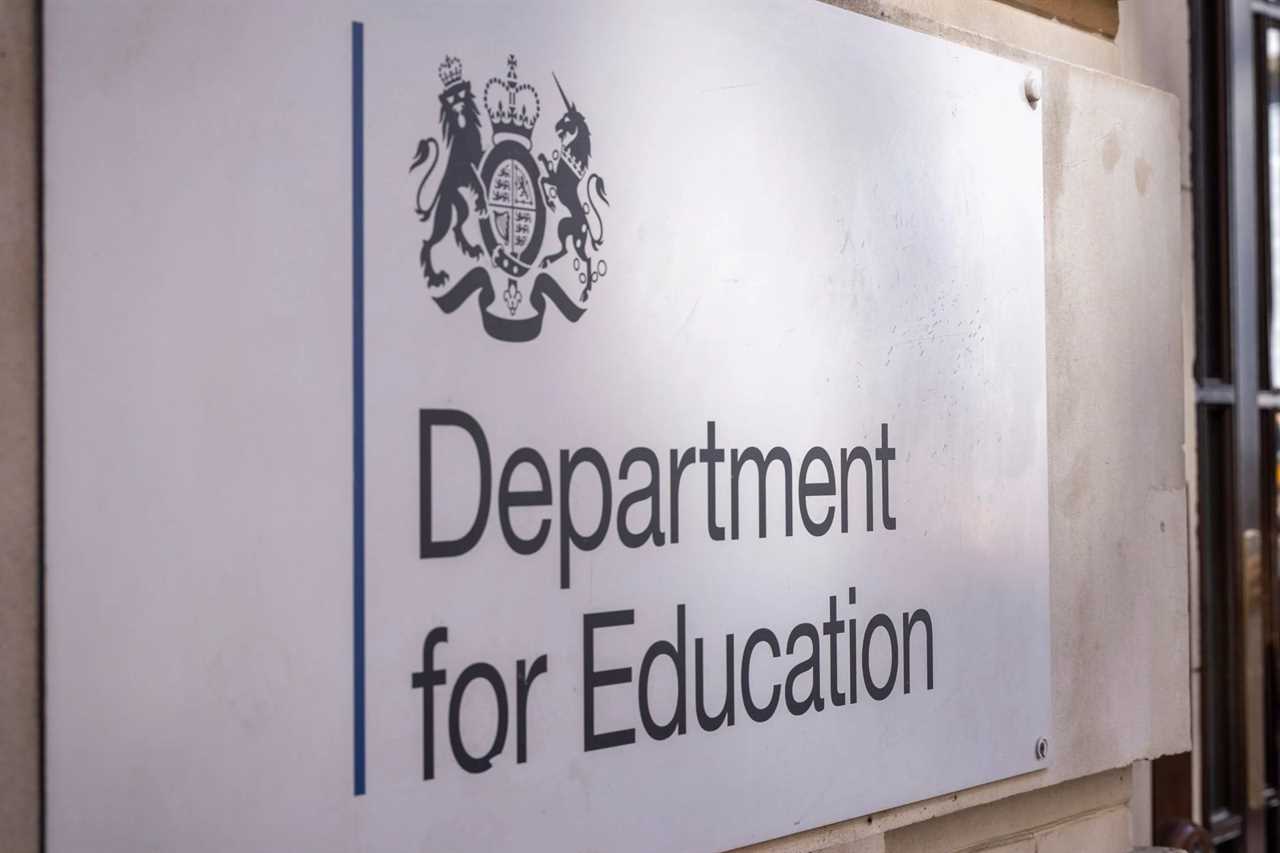
In a complex landscape of social progress and workplace efficiency, civil servants face scrutiny for hosting seminars on diverse topics like impostor syndrome, pan-Africanism, and trans lives during working hours. These sessions, organised by Department for Education staff groups, have sparked controversy, with critics labelling them as "nonsense" due to their timing in the midst of the workday. This intersection of inclusion efforts and productivity demands raises questions about the evolving dynamics of modern workplaces.
Shifting Workplace Dynamics: Inclusivity vs. Efficiency
Amidst a global backdrop of increasing emphasis on diversity and inclusion, organisations are navigating the delicate balance between fostering a supportive environment for all employees and maintaining operational effectiveness. The choice of topics in these seminars reflects a broader societal push towards acknowledging and addressing underrepresented voices in various spheres, including the workplace. How can workplaces adapt to accommodate diverse needs without compromising productivity?
The Value of Diverse Perspectives in Professional Development
Exploring themes like impostor syndrome, pan-Africanism, and trans lives in a professional setting can offer valuable insights and promote empathy among colleagues. These discussions can contribute to a more inclusive work culture, where individuals feel seen and heard. By delving into a range of topics, organisations can foster a sense of belonging and encourage personal and professional growth. How can such dialogues enhance workplace relationships and nurture a more supportive environment for all employees?
Accountability and Transparency in Organisational Practices
As concerns arise about the allocation of time and resources for these seminars, questions around accountability and transparency come to the forefront. How can organisations ensure that initiatives aimed at promoting diversity and inclusion are effectively integrated into the workday without compromising operational efficiency? Transparent communication and clear objectives are key in aligning these initiatives with broader organisational goals.

Navigating Criticisms and Embracing Change
While critics raise valid points about the timing and focus of these seminars, it is essential to engage in constructive dialogue to address concerns and find common ground. Balancing the need for productivity with the aspiration for inclusivity requires ongoing reflection and adaptation. By acknowledging feedback and considering diverse perspectives, organisations can refine their approach to employee development and well-being.
Amidst calls for action from government officials and taxpayers' advocates, the discourse around these seminars underscores the complexities of modern workplace dynamics. As organisations strive to create environments that value diversity and foster growth, navigating the nuances of inclusion practices remains a multifaceted endeavour. By continuing to evaluate and evolve these initiatives, workplaces can move towards a more equitable and supportive future for all employees.
Did you miss our previous article...
https://trendinginthenews.com/uk-politics/the-hidden-costs-of-housing-asylum-seekers-a-closer-look






